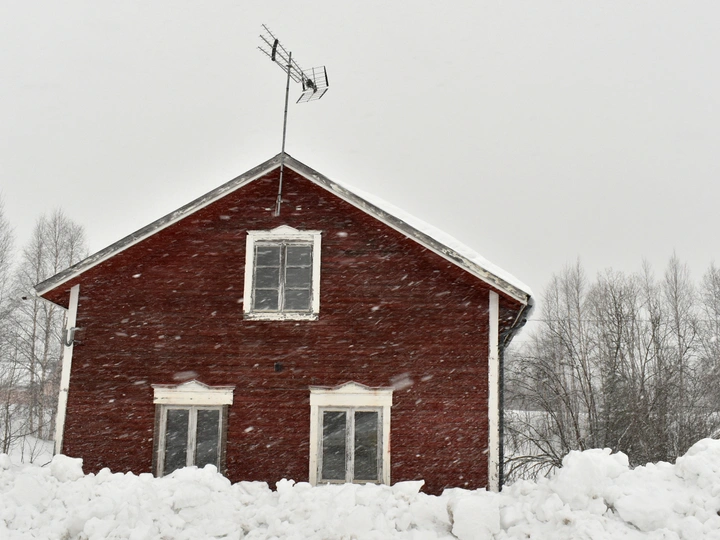Narrative networks of socio-ecological transitions

Pia Palo (b. 1997 in Skellefteå, SWE) is an architect and researcher who approaches design and planning by combining ideas of relational materialism, ecofeminism, and degrowth. She holds a BFA from Umeå School of Architecture and a master's degree in architecture from Chalmers University of Technology. Her work explores how experimental and artistic processes can be used to recenter the focus of design and planning on lived experiences and realities. Previous work includes her degree project, completed with Jessica Lundin and titled "Experiments, imaginaries desires - searching for a space of resistance". The project challenges the prevailing top-down, profit-driven urban development paradigm by advocating for disorderly, messy, and uncontrolled urban spaces as sites of resistance and potential value. Drawing on assemblage thinking and relationscaping, the project explored the positive human and non-human values inherent in ambiguity and allowance, emphasising subjective experiences and more-than-human perspectives. Through micro-scale design experiments, the project sought to provoke desires and alternative models of city-making, fostering collective imaginaries and actions. It was selected to be exhibited at Röhsska Musem of Design and Craft, Gothenburg, as a part of the museum's architecture days. Currently, she is a research assistant at Chalmers on a project that looks at the relational networks of bottom-up sharing practices and local understandings of circularity in socio-spatially segregated areas of Gothenburg.
The idea behind this project proposal comes from coming home—arriving in my home town of Skellefteå, Sweden, which has undergone rapid development in the past years as a result of "green" re-industrialisation. Seeing this development through the lenses I acquired through research and studies makes me ask if this is the only face of progress. It is evident that the multidimensional crisis we face today demands that we question the status quo and develop practices that enable us to think differently. How can I, as an architect/spatial practitioner, do this?
This project explores alternative ways for spatial practitioners to work towards defining more inclusive (collective) narratives of the future. Narratives are powerful, shaping our view of the world and how we construct it. Narratives are also complicated, and the built environment only tells part of the story of how we see the world. This project will explore spatial practice as one strand among many.
The work will depart from an examination of how narratives of sustainable development and green growth materialise in the built environment, focusing on the Swedish municipality of Skellefteå, Västerbotten. The research will employ an actor-network sensitivity approach combined with the principles of degrowth and ecofeminism. This theoretical framework will guide an exploration of the overlooked human and non-human actants, aiming to highlight and strengthen less visible socio-spatial networks, the fertile ground from which alternatives emerge.
Methodologically, the project will intertwine qualitative ethnographic methods with spatial experimentation to trace and potentially transform the relational dynamics shaping urban spaces. Through this work, the project seeks to articulate how spatial practitioners might act differently and initiate a discussion about how and for whom we build our cities. The process is the primary outcome of the research, contributing with tools and methods to think otherwise.